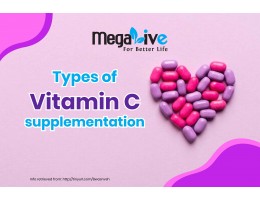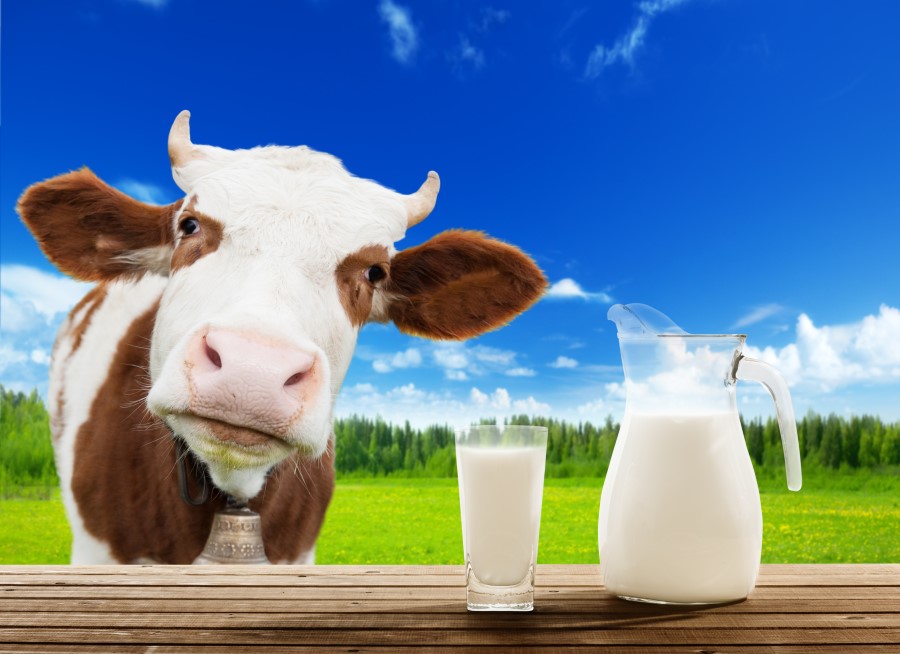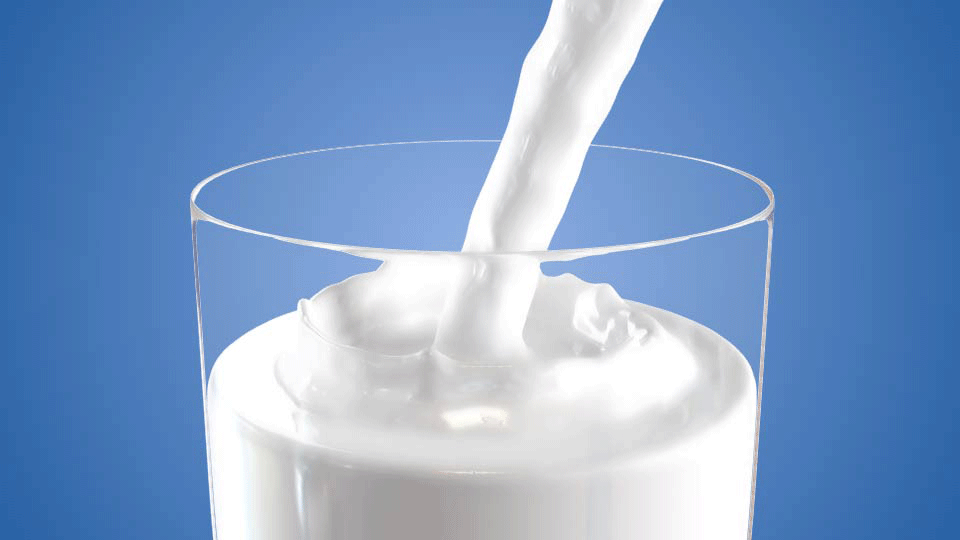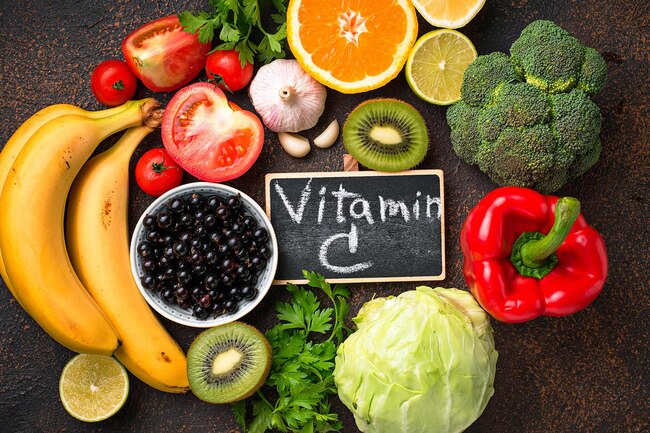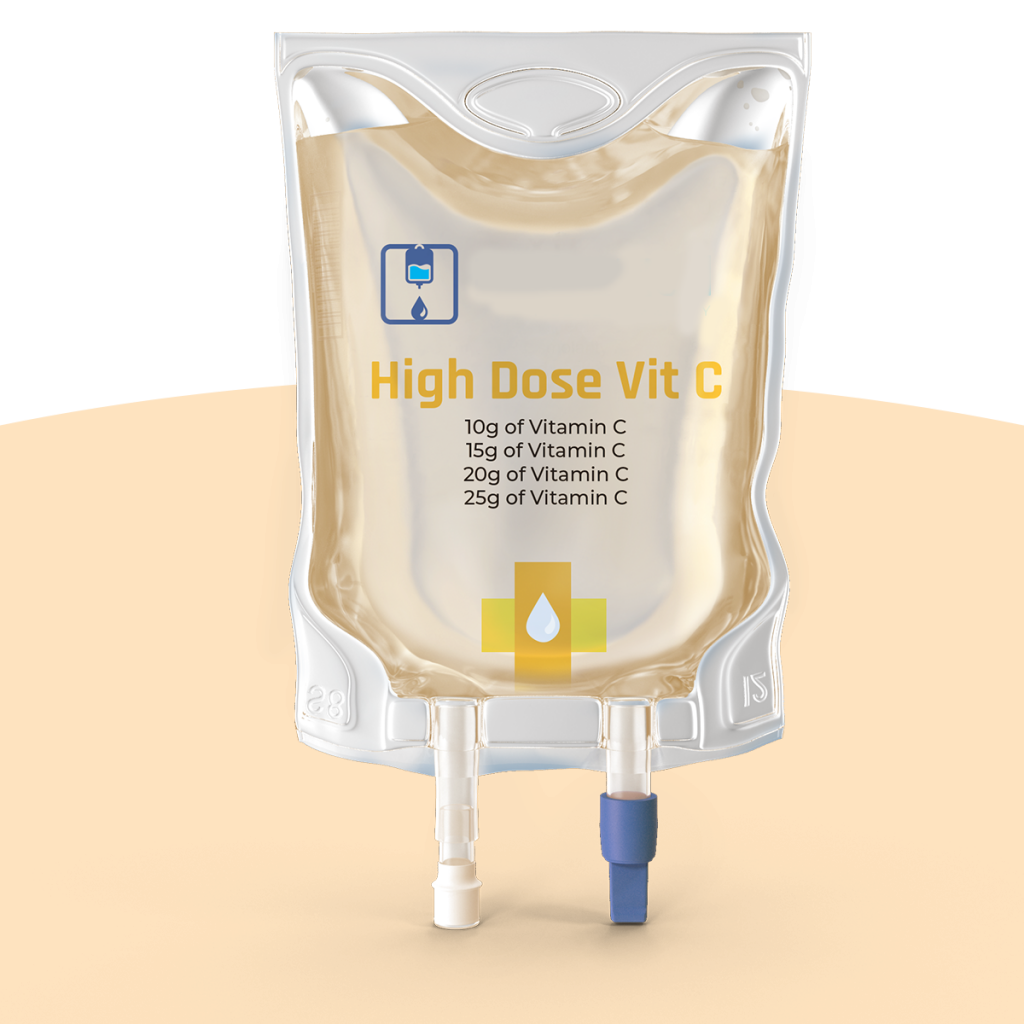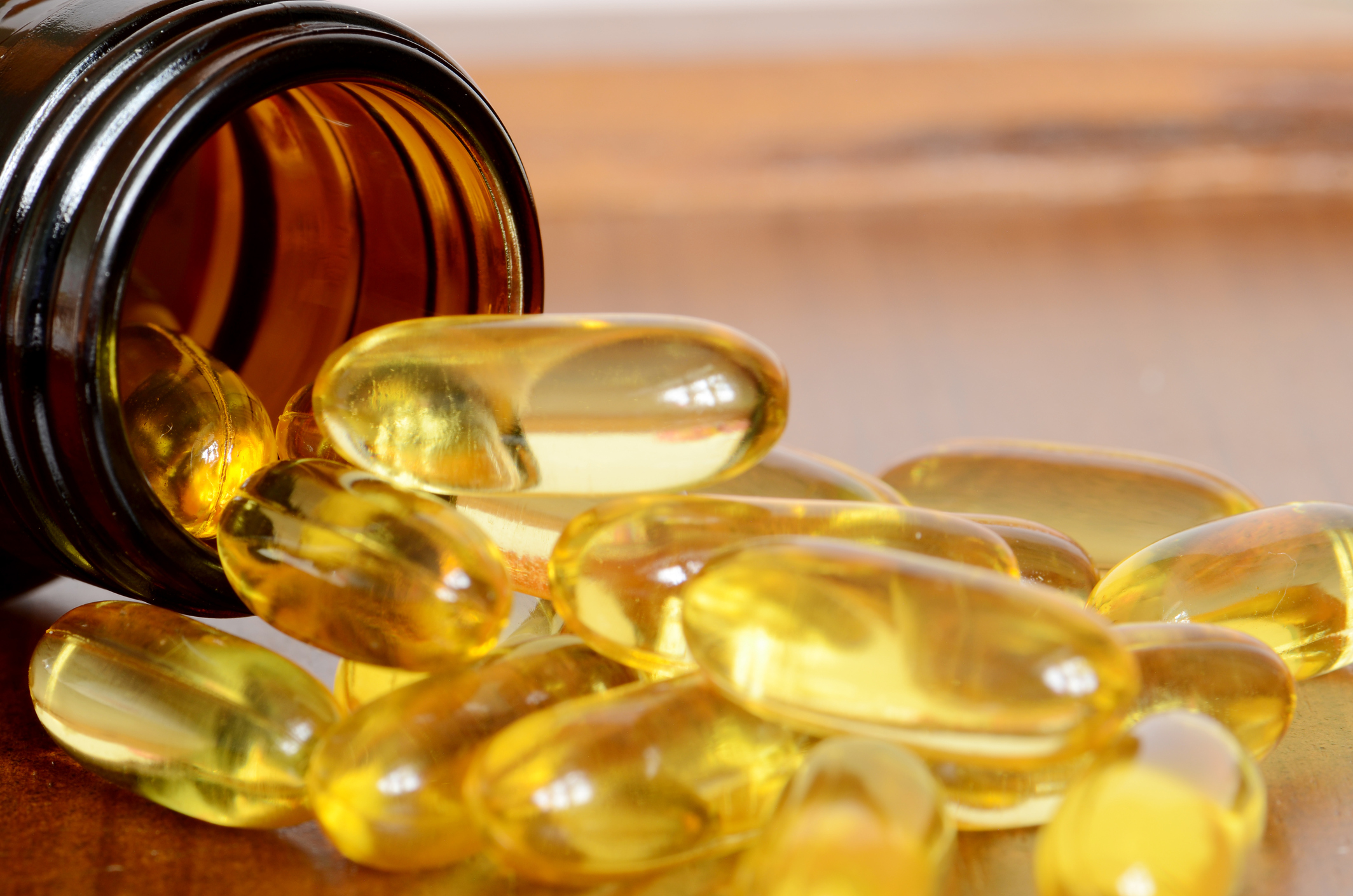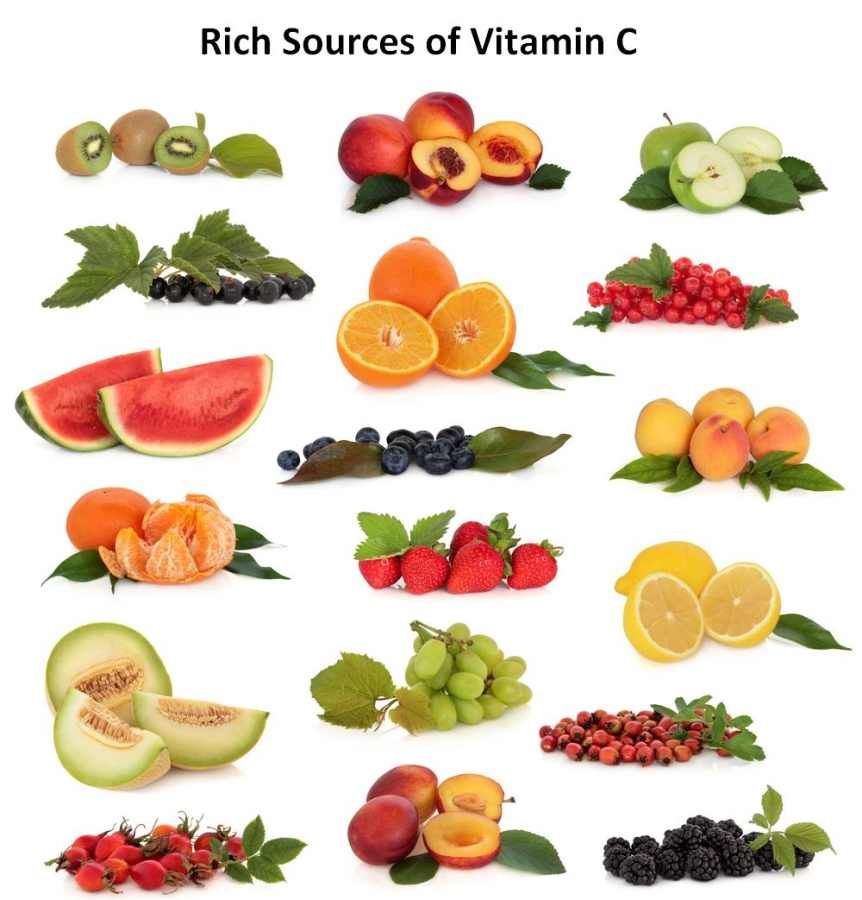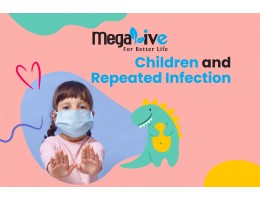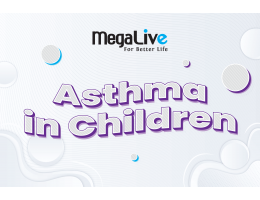Probiotics are live microorganisms that, when administered in an adequate amount, confer health benefits on the host (the human body). A study found that long-term consumption of probiotics could stimulate and improve the immune system. With regards to the current pandemic novel Coronavirus, how can probiotics help with viruses like Corona? Well, Corona is the virus that attacks the lung, thus;
Probiotics are able to help lung health, but how?
The truth is, the physiology and pathology of the respiratory and gastrointestinal tracts are closely related. This may explain why smokers who are diagnosed with chronic obstructive pulmonary disease (COPD) usually have inflammatory bowel disease (IBD) as well (3).
The mechanism in which it works is that once oral probiotics are administered, they will interact with cells in the gut and improve the composition and activity of microbiota in the gut. This will then send a signal to activate Immunoglobulin A (an antibody that has a protective function) in the intestine, bronchus (part of the lung), and mammary gland and suppress the pathogen (bad bacteria), which in turn will improve the respiratory system and overall immune health (4).
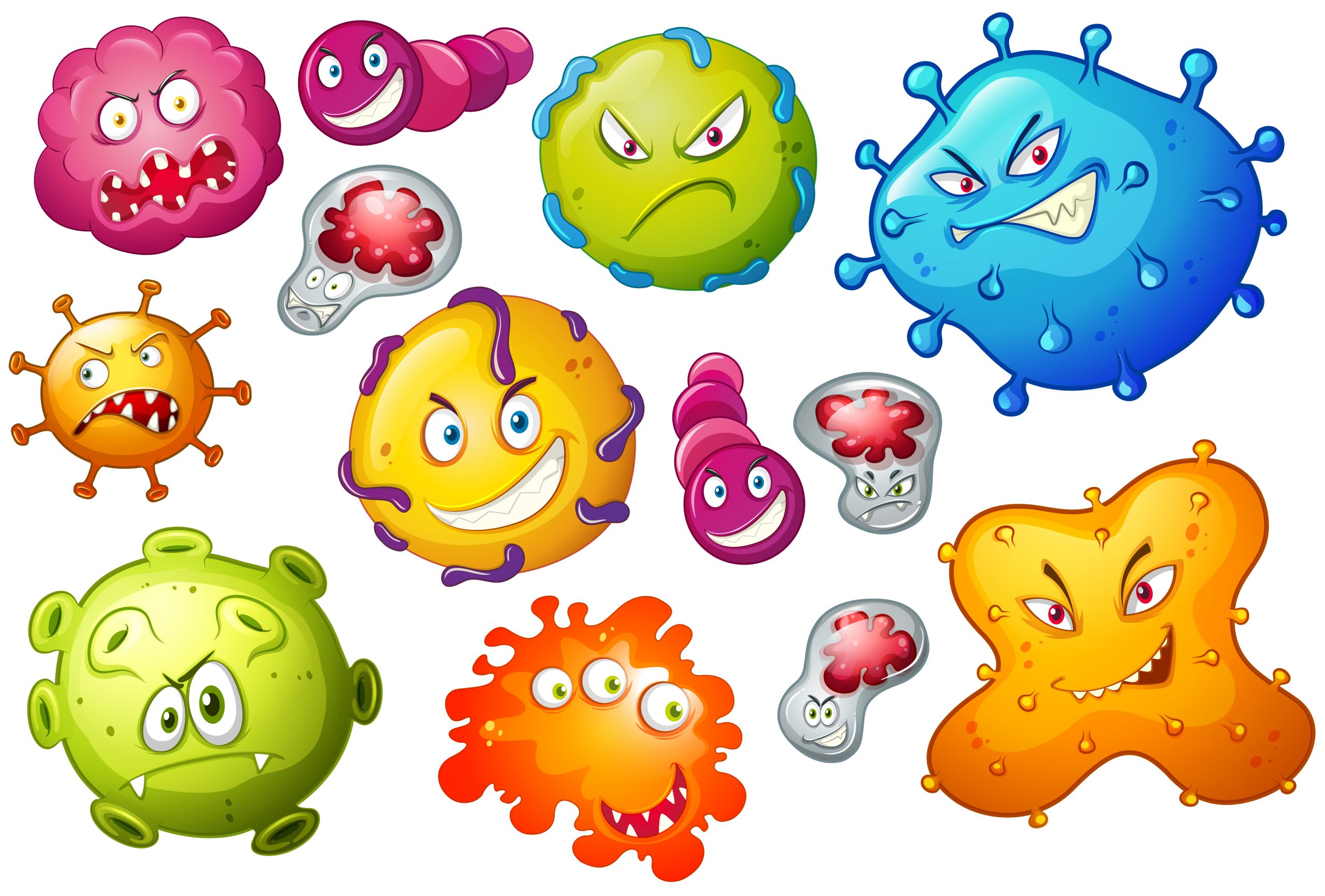
Using probiotics along with taking precautionary measures such as frequently washing hands, using sanitizers, wearing a mask, and avoiding contact with people is the go-to way to prevent the widespread spread of the disease while at the same time improving immune function since probiotics are ubiquitous and affordable!
References
-
WebMD. Vitamin C for the common cold.
-
Carr, A. C., & Maggini, S. (2017). Vitamin C and Immune Function. Nutrients, 9(11), 1211. https://doi.org/10.3390/nu9111211
-
Esmaeil Mortaz, Ian M. Adock, Gert Folkters, Peters J. Barnes, Arjan Paul Vos and Johan Garssen (2013). Probiotics in the management of Lung Disease. Hindawi, 2013. https://doi.org/10.1155/2013/751068
-
Carolina Maldonado Galdeano, Silvia Ines Cazorla, Jose Maria Lemme Dumit, Eva Velez, Gabriela Perdigon (2019). Beneficial effect of Probiotic consumption on the Immune System. Annals of Nutrition & Metabolism 74(115-124). DOI: 10.



